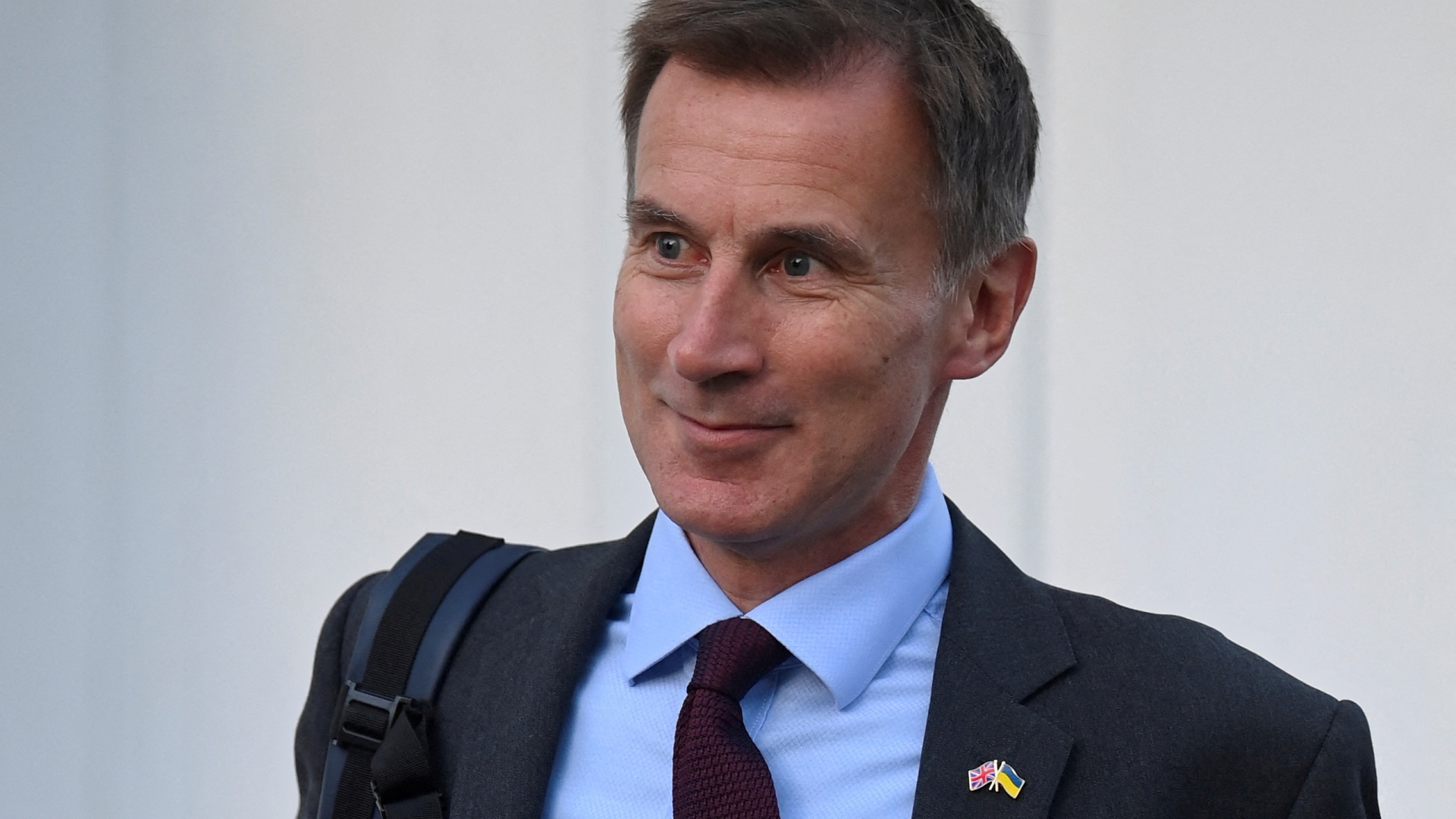UK Borrowing Costs Surge After Labour’s Tax-Heavy Budget Announcement

UK borrowing costs rose sharply a day after the Labour government introduced a tax-increasing budget. By 2:33 p.m. on Thursday in London, the 1-year gilt yield had jumped by 20 basis points to over 4.5%, with the 10-year yield up by 15 basis points, also reaching 4.5%. These shifts came on the heels of Finance Minister Rachel Reeves’ announcement of a budget plan incorporating £40 billion ($52 billion) in tax hikes and significantly higher borrowing over the next few years.
Analysts at ING expressed concerns over the projected increase in government borrowing, which is forecasted by the Office for Budget Responsibility to average £36 billion more per year over the next five years as tax revenue gradually adjusts. Despite the recent volatility, this budget reaction is seen as more stable than the “mini-budget crisis” of September 2022, which saw then-Prime Minister Liz Truss’s administration announce substantial unfunded tax cuts. That move led to severe bond market instability, placing UK pension funds at risk and ultimately forcing an emergency intervention by the Bank of England. Truss’s policies were largely reversed, leading to her resignation shortly afterward.
Reeves’ budget has led some analysts to predict modest inflationary pressure, which may result in a slower rate-cutting pace by the Bank of England. Analysts at Goldman Sachs noted the likelihood of a “reduced urgency for sequential rate cuts in the near term,” while Morgan Stanley’s Andrew Sheets highlighted the potential for slight inflation growth alongside short-term economic improvements.
Despite fears of inflation, ING analysts suggested the Bank of England is unlikely to alter its policy approach based on the budget, with services inflation expected to continue declining. Meanwhile, the British pound was down 0.4% against the U.S. dollar and 0.46% against the euro, while the FTSE 100 index dropped 1.04%, aligning with broader declines in European equities.
Deutsche Bank’s Jim Reid remarked that the UK market’s reaction could be attributed to robust European data that has pushed yields higher on the continent, along with U.S. market pressures amid reports of increased poll support for Donald Trump. Reid emphasized that the new budget reflects a different approach than the Truss-era tax cuts, with increased borrowing intended for investment rather than immediate fiscal relief.





















